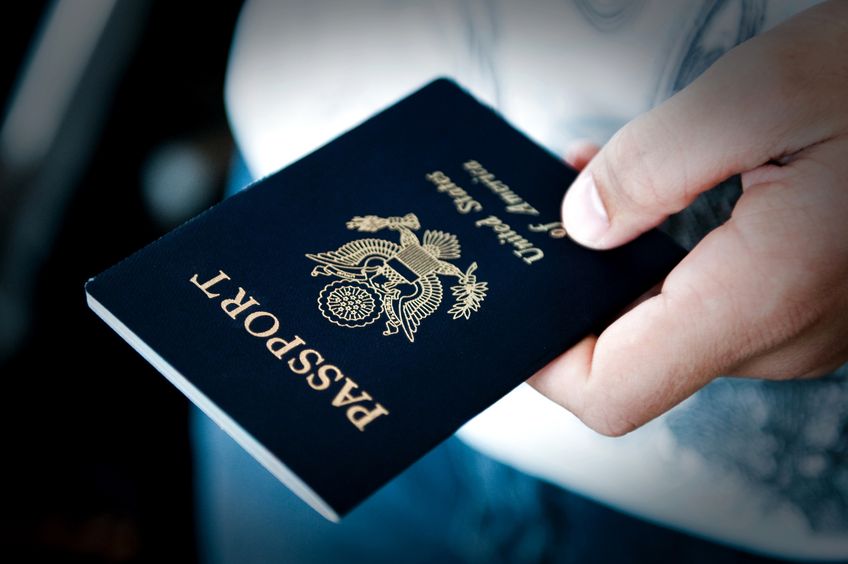
Photo © Greg Blomberg/123rf.
U.S. law states, “U.S. travel service providers, such as travel agents and tour operators, who handle travel arrangements to, from, or within Cuba must hold special authorizations from the U.S. Treasury Department to engage in such activities.” President Obama’s December 2014 announcement did not change this regulation. OFAC licenses companies as authorized Travel Service Providers (TSPs), legally entitled to make commercial travel arrangements to Cuba. TSPs can only make reservations for individual travel for licensed travelers. (OFAC may issue TSP licenses to certain companies and organizations permitting them to offer pre-packaged group tours, so long as such programs fall within the areas for licensed travel.)
They may also be able to provide services, such as travel arrangements to Jamaica, from where a traveler makes his or her own arrangements for travel to and within Cuba.However, referring to non-TSP travel agencies and tour operators, “It is possible to provide travel services to U.S. persons legally able to travel to Cuba,” says Michael Krinsky, a partner in the law firm of Rabinowitz, Boudin, Standard, Krinsky, and Lieberman (740 Broadway, New York, NY 10003, tel. 212/254-1111), which represents the Cuban government in the United States. They may also be able to provide services, such as travel arrangements to Jamaica, from where a traveler makes his or her own arrangements for travel to and within Cuba. Treasury Department regulations do not “show a clear penalty against travel agents who book travel this way.” Travel agents should double-check the regulations, however, with OFAC or with Krinsky.Thousands of U.S. citizens have slipped into Cuba through Canada, Mexico, and other third countries. Since 2012, Cuban immigration officials have been stamping all passports of arriving visitors. Persons subject to U.S. jurisdiction who travel to Cuba without a license bear a “presumption of guilt” and may be required to show documentation that all expenses incurred were paid by a third party not subject to U.S. law.
However, very few people ever have trouble coming back. The Obama administration has not pursued such transgressions. Nonetheless, if the U.S. government decides to go after perceived offenders, the latter will first receive a questionnaire and, if OFAC believes the law has been broken, a “pre-penalty notice” listing the amount of the proposed fine. Trading with Cuba illegally is grounds for a fine up to US$55,000 under provisions of the Helms-Burton Bill, plus up to US$250,000 under the Trading with the Enemy Act, but most demands for fines have been US$7,500. If issued a penalty notice, you have 30 days to appeal. If the case is not settled out of court, it ostensibly goes before an administrative law judge, who can uphold or dismiss the penalty, but no judges are in place to adjudicate! Thus, anyone receiving a pre-penalty notice can effectively kill the action dead by requesting a hearing. If you choose to pay the fine requested in the pre-penalty notice, as many people do, you can negotiate the amount.
Individuals who choose to circumvent U.S. law do so at their own risk and the author and publisher accept no responsibility for any consequences that may result from such travel.×Excerpted from the Sixth Edition of Moon Cuba.